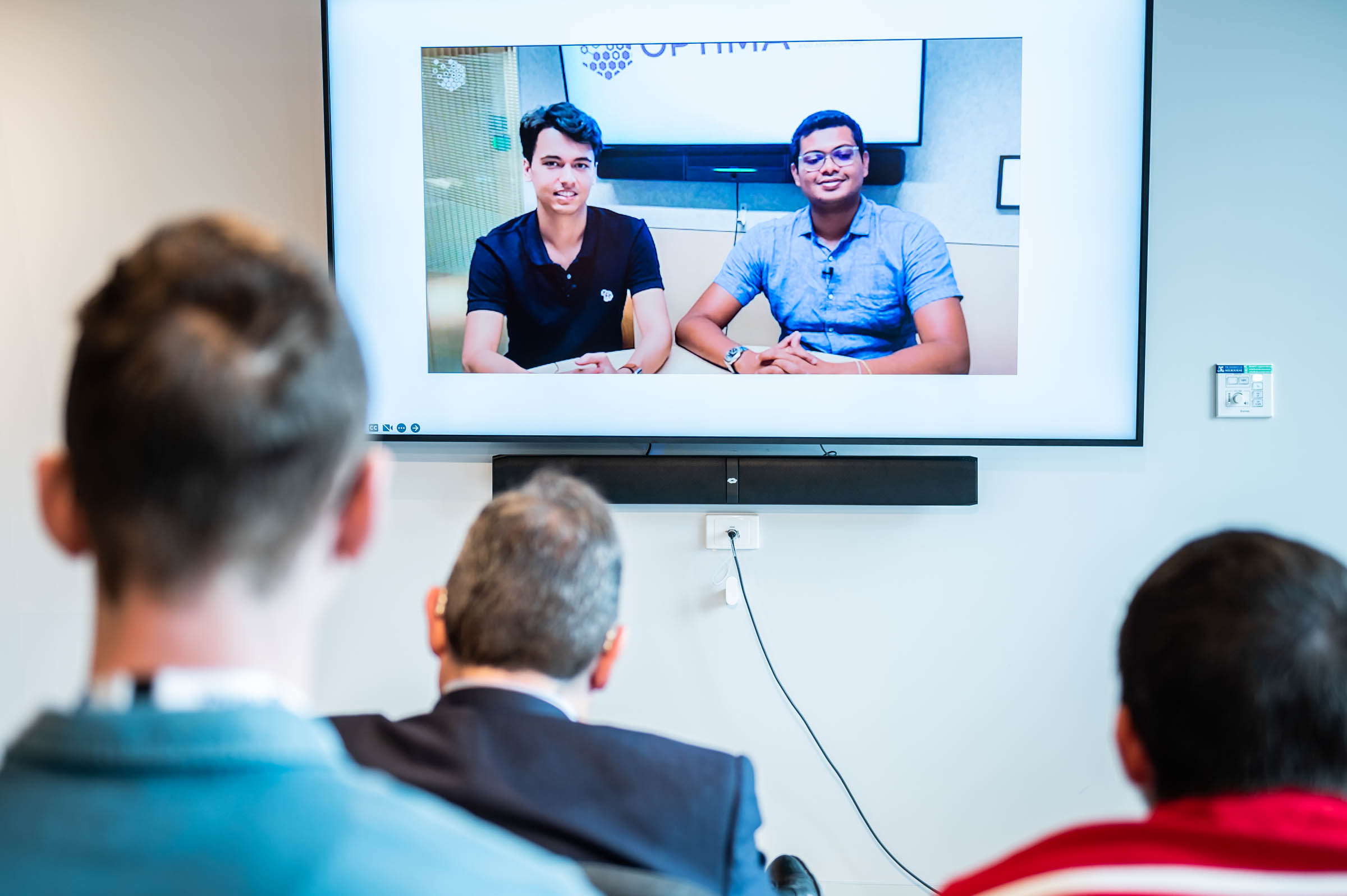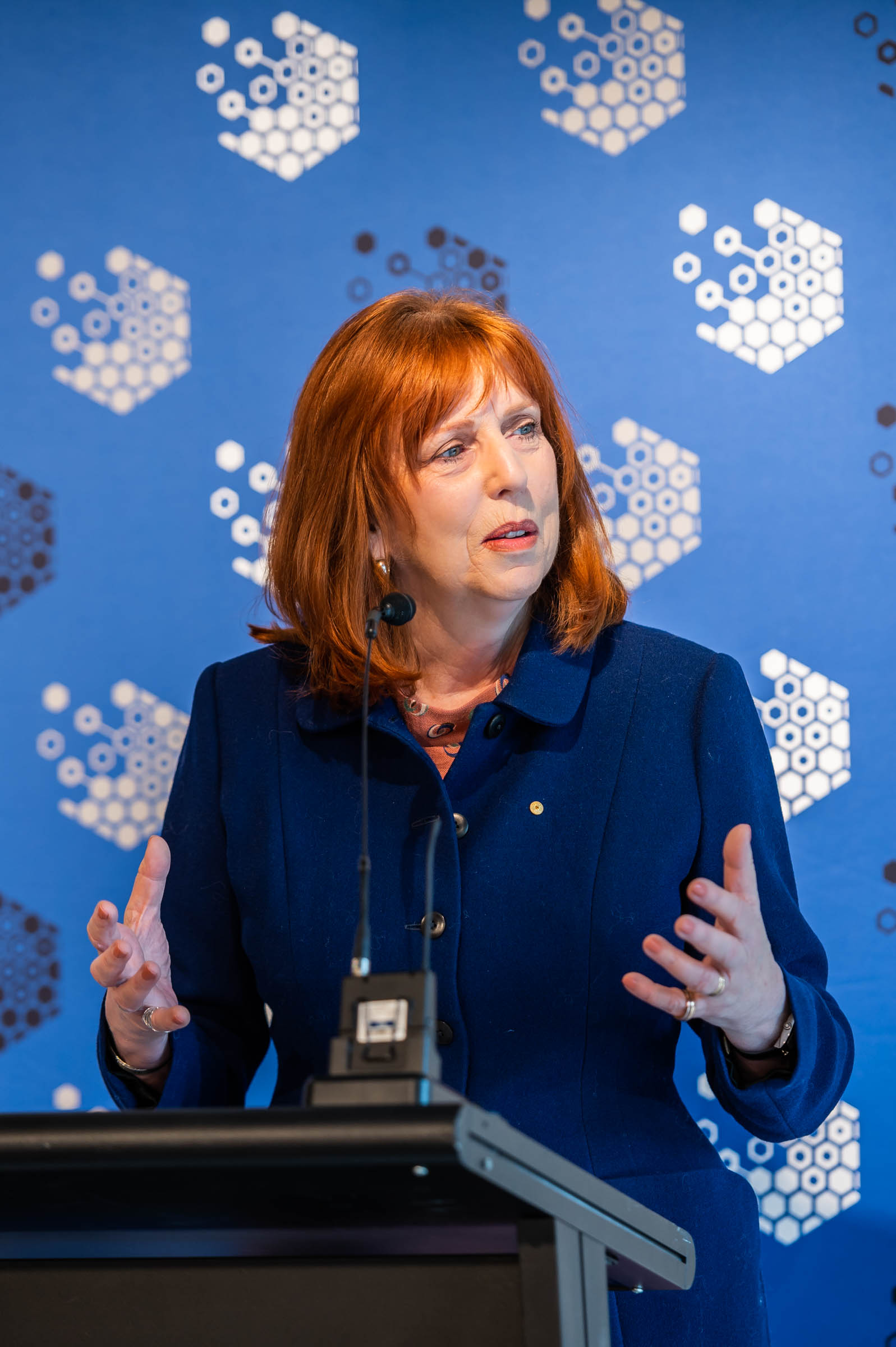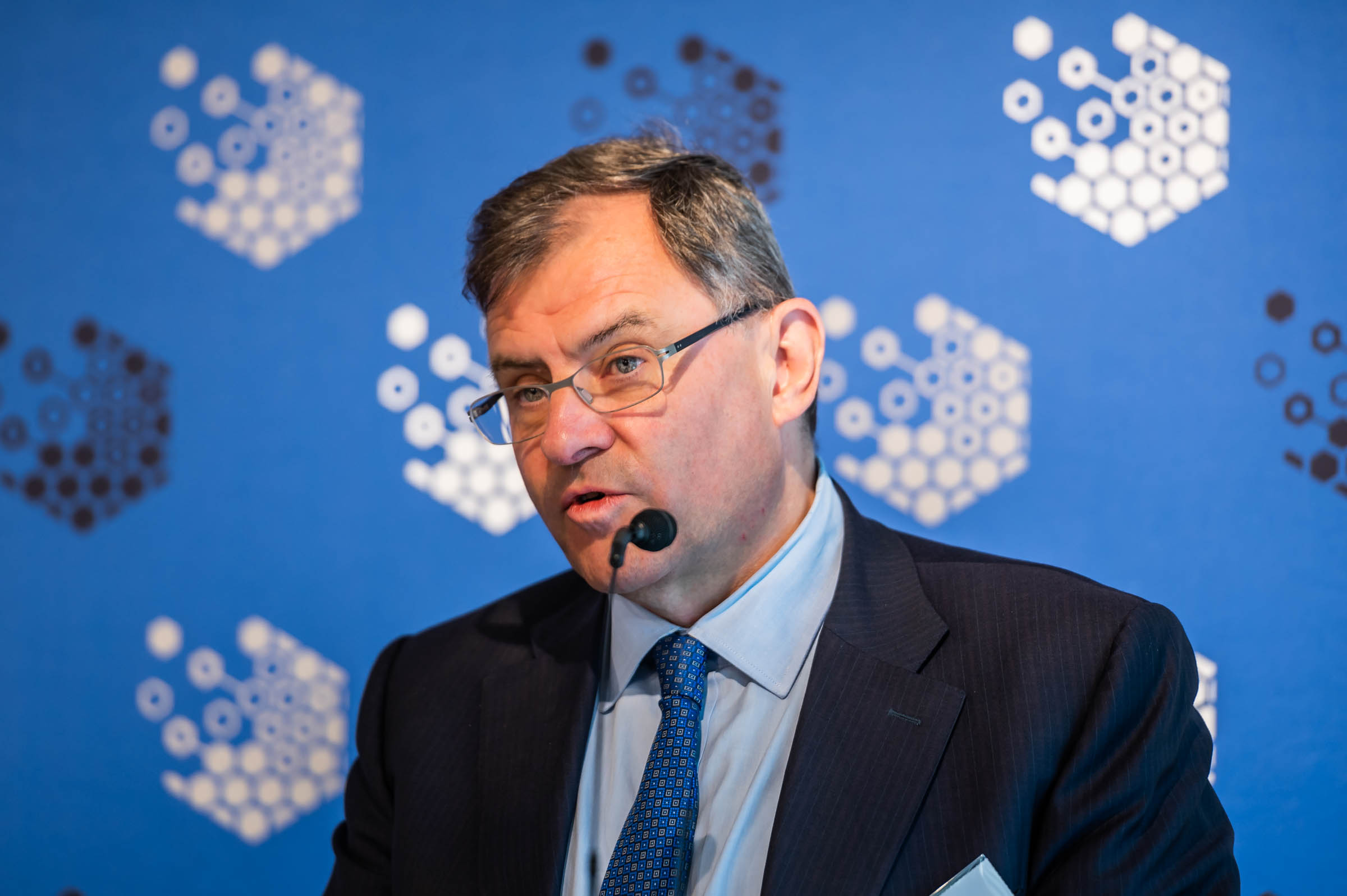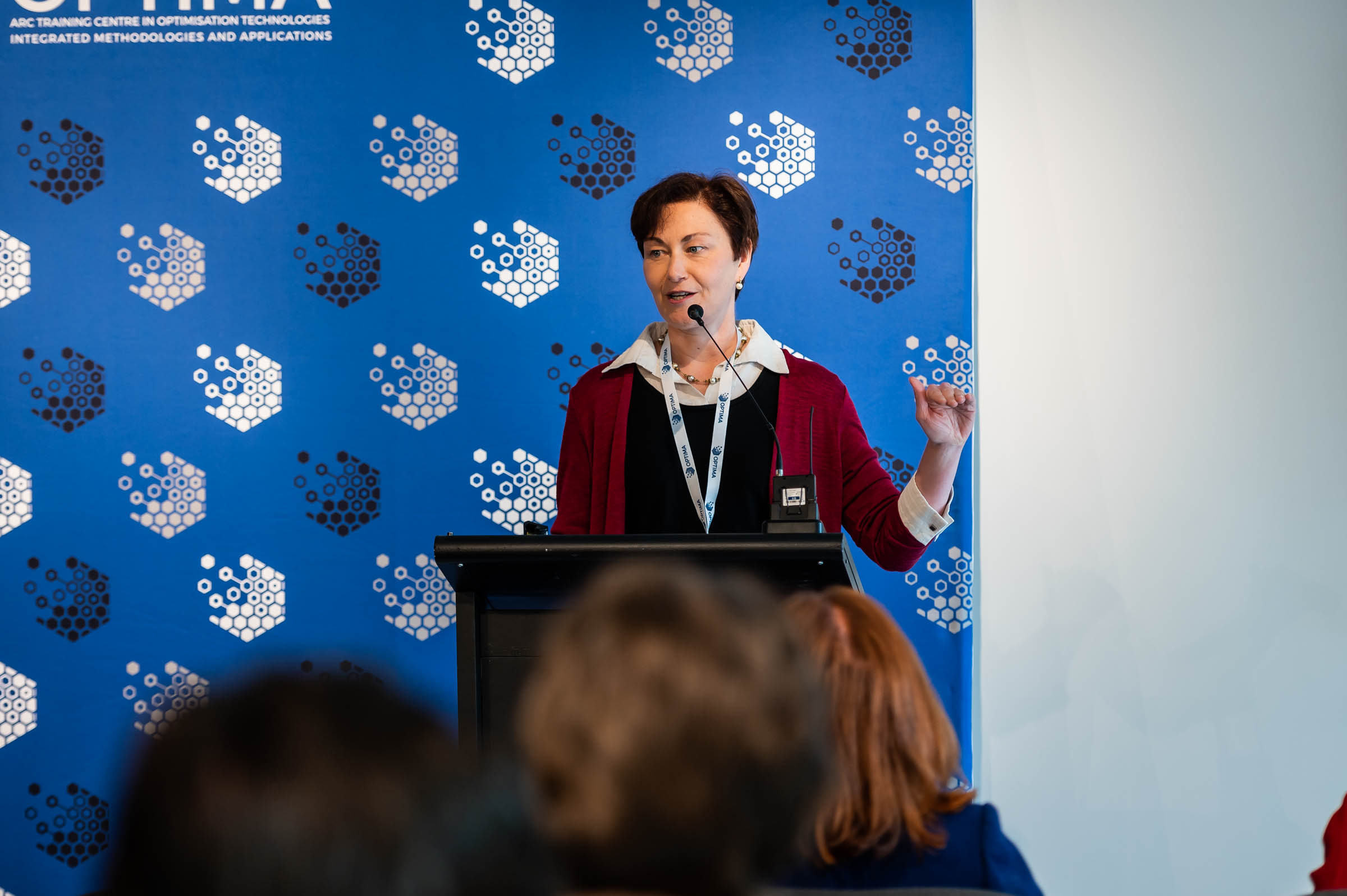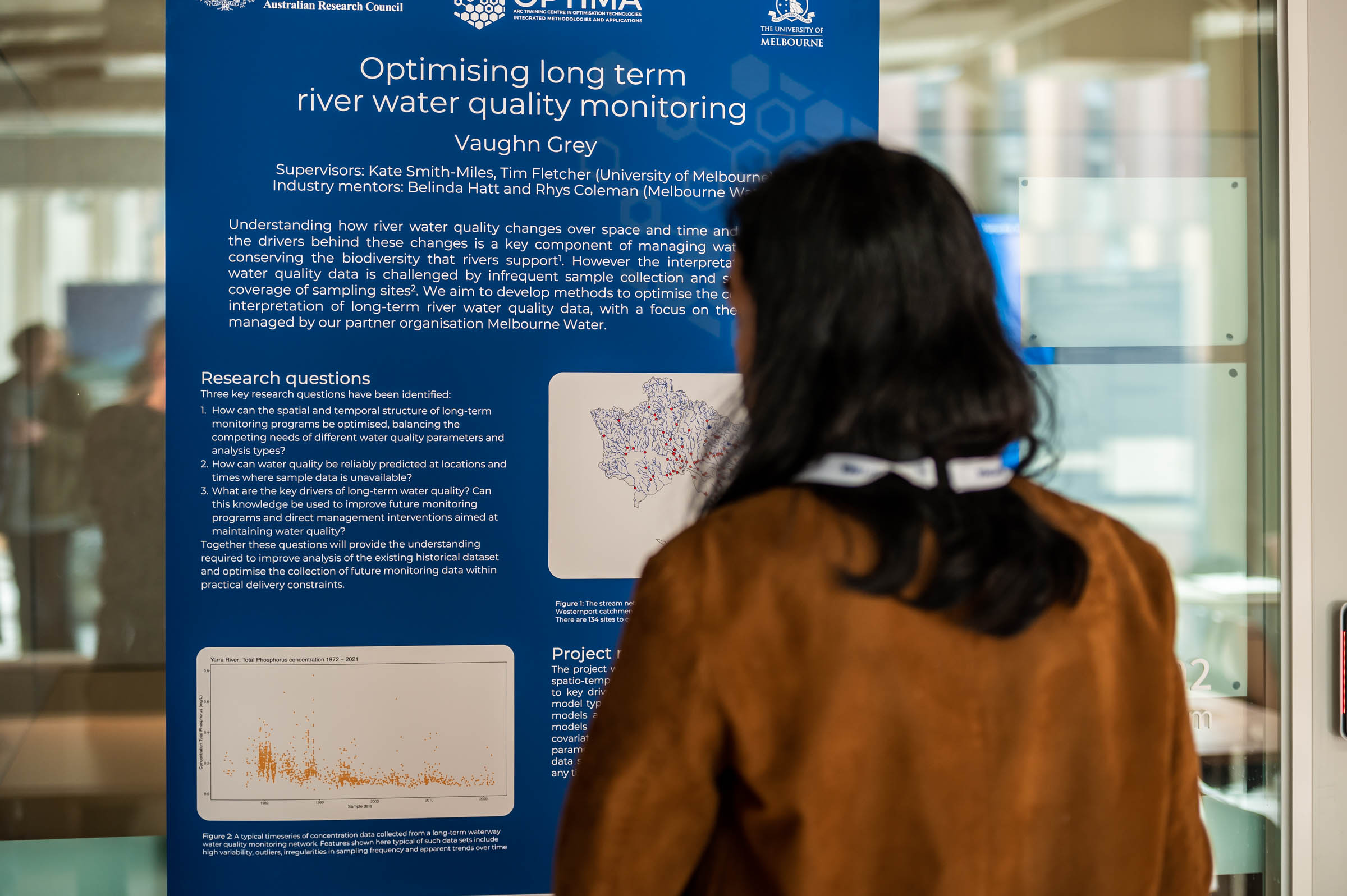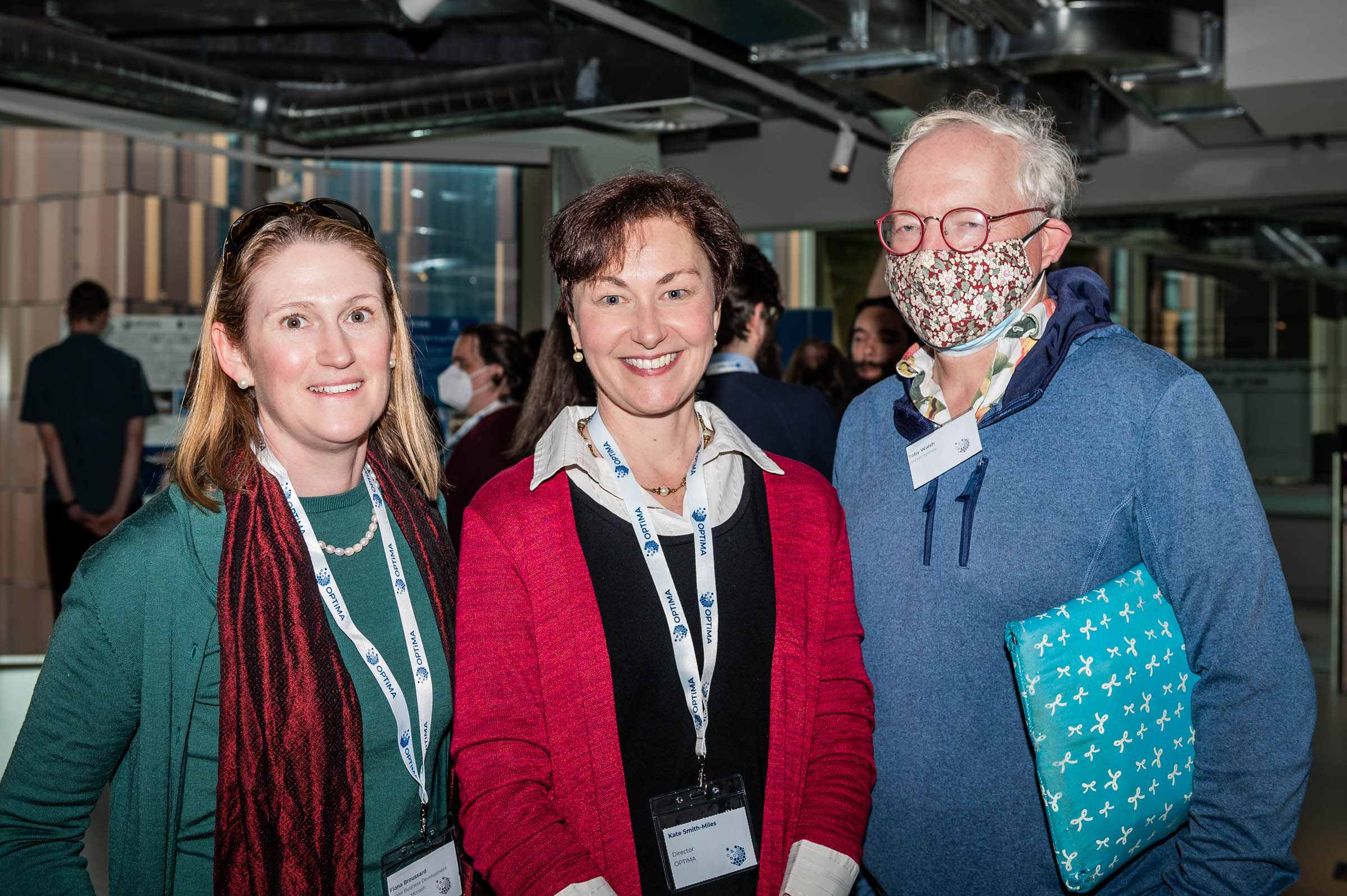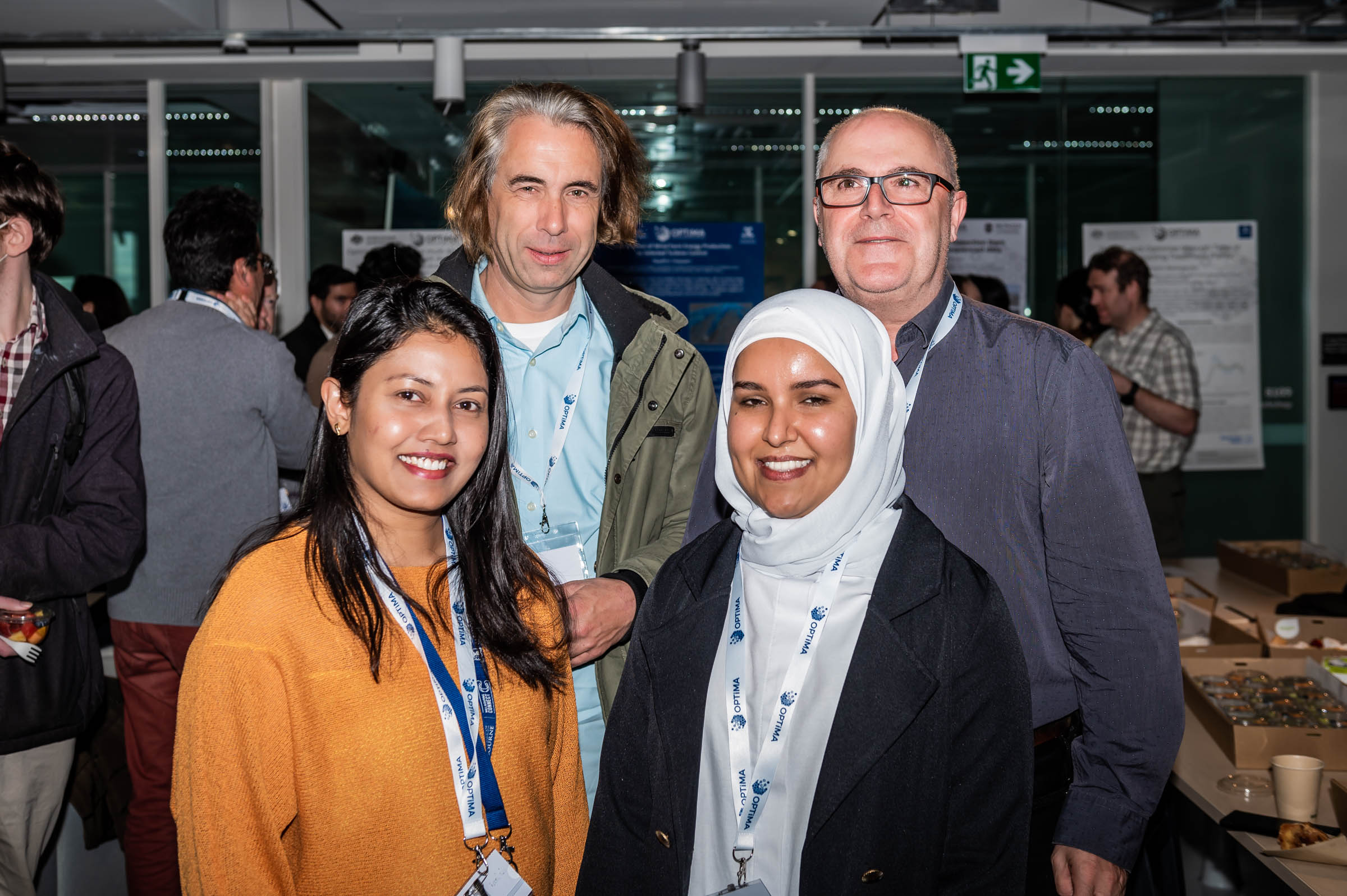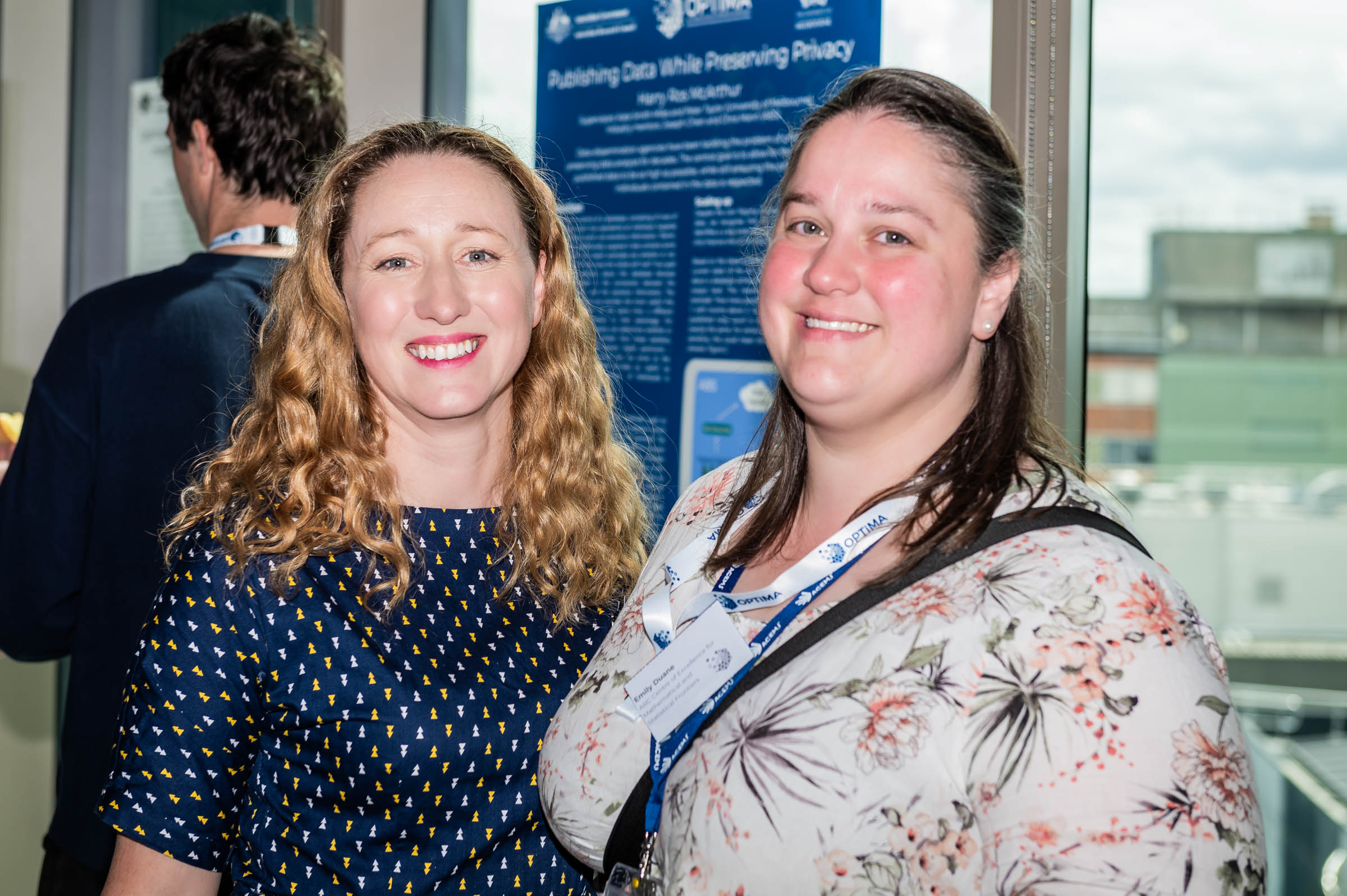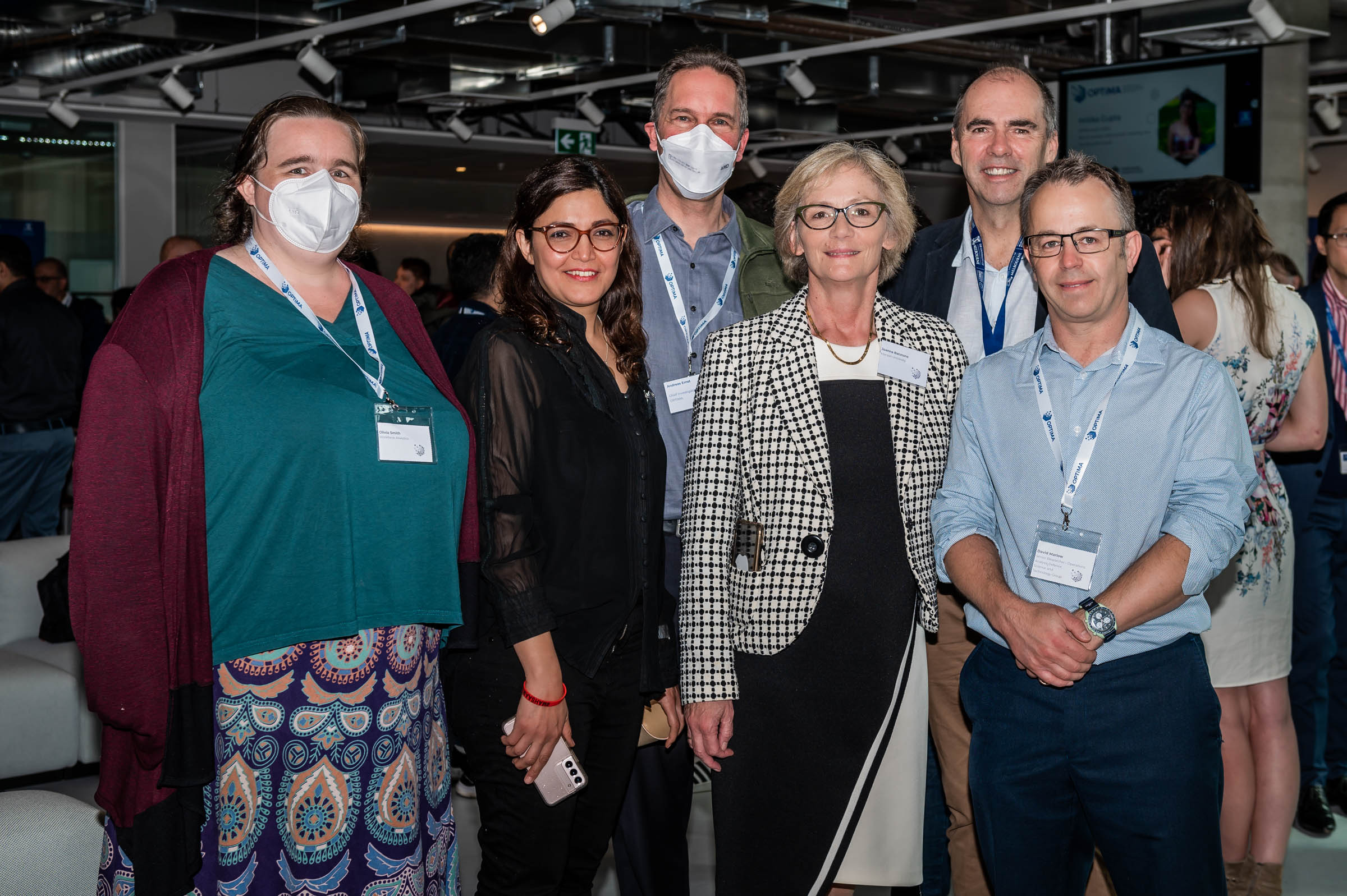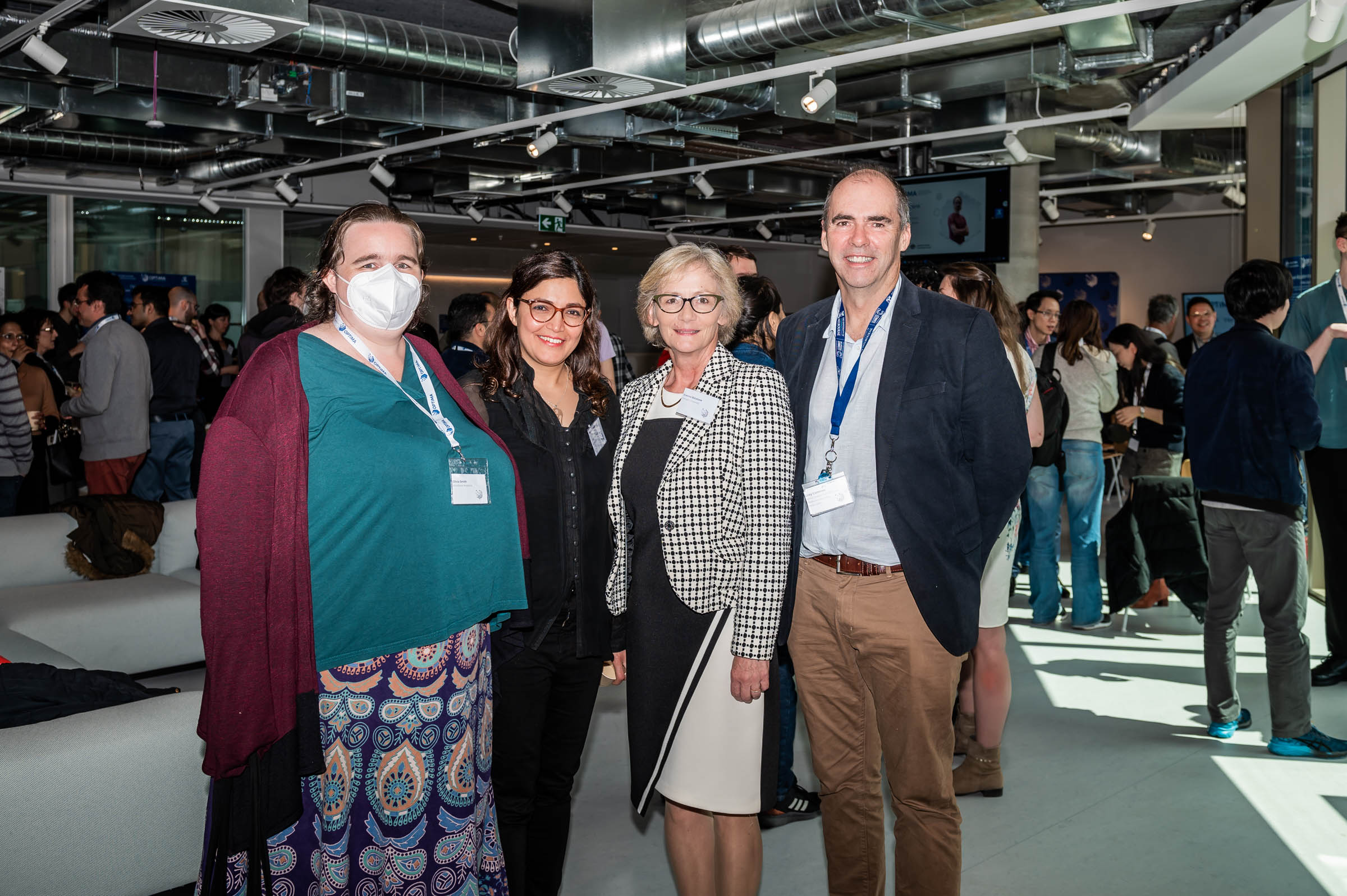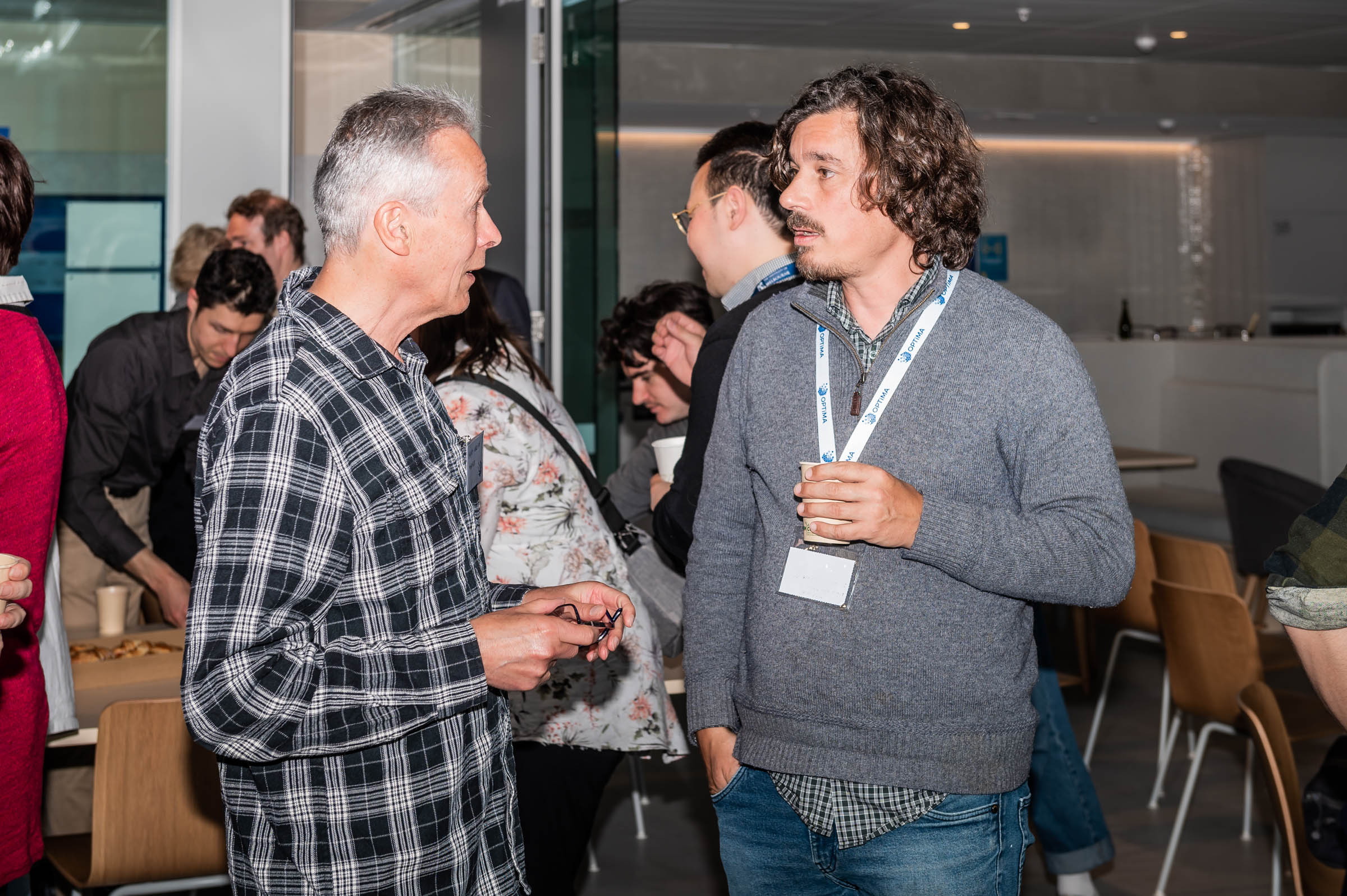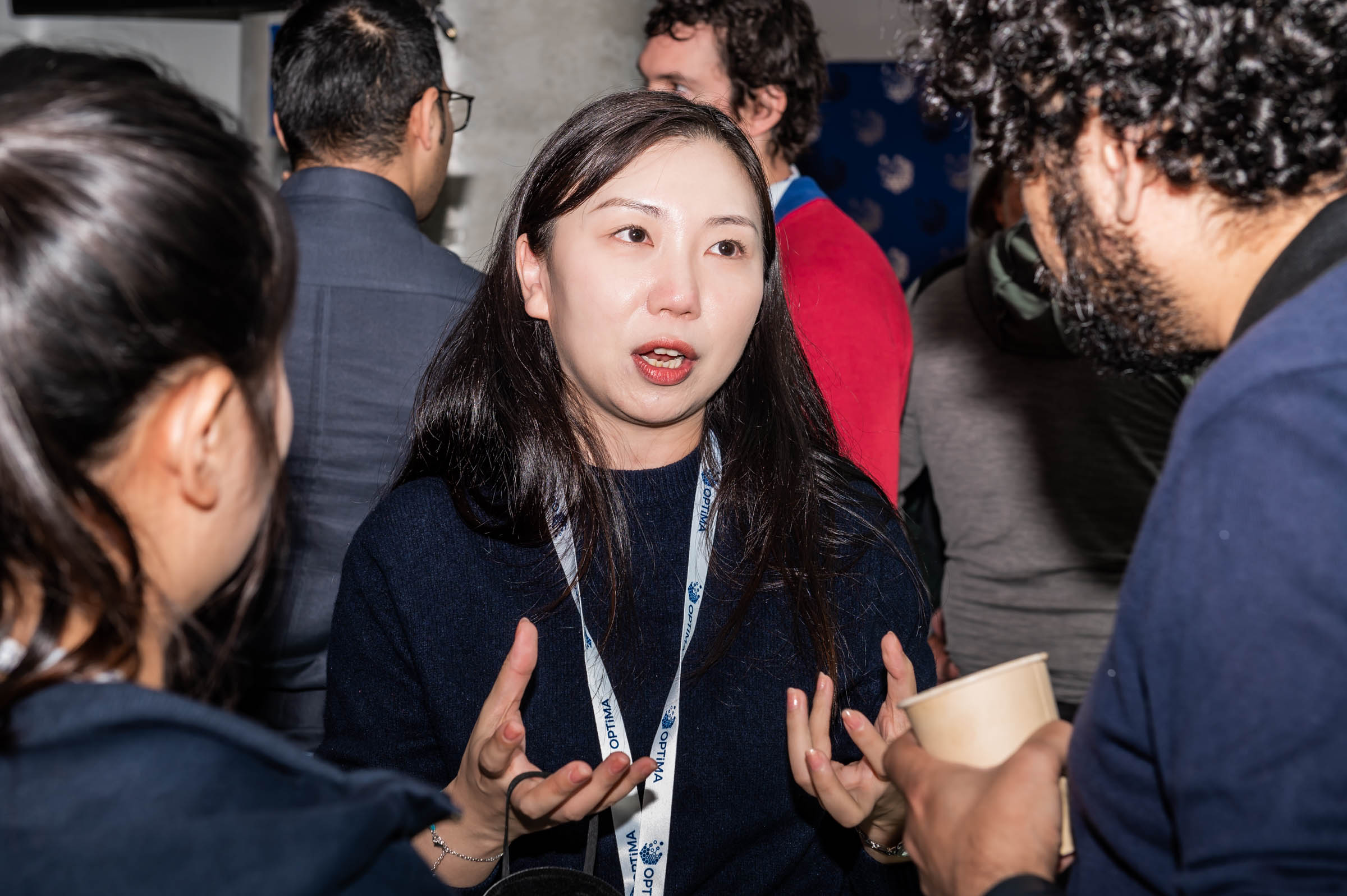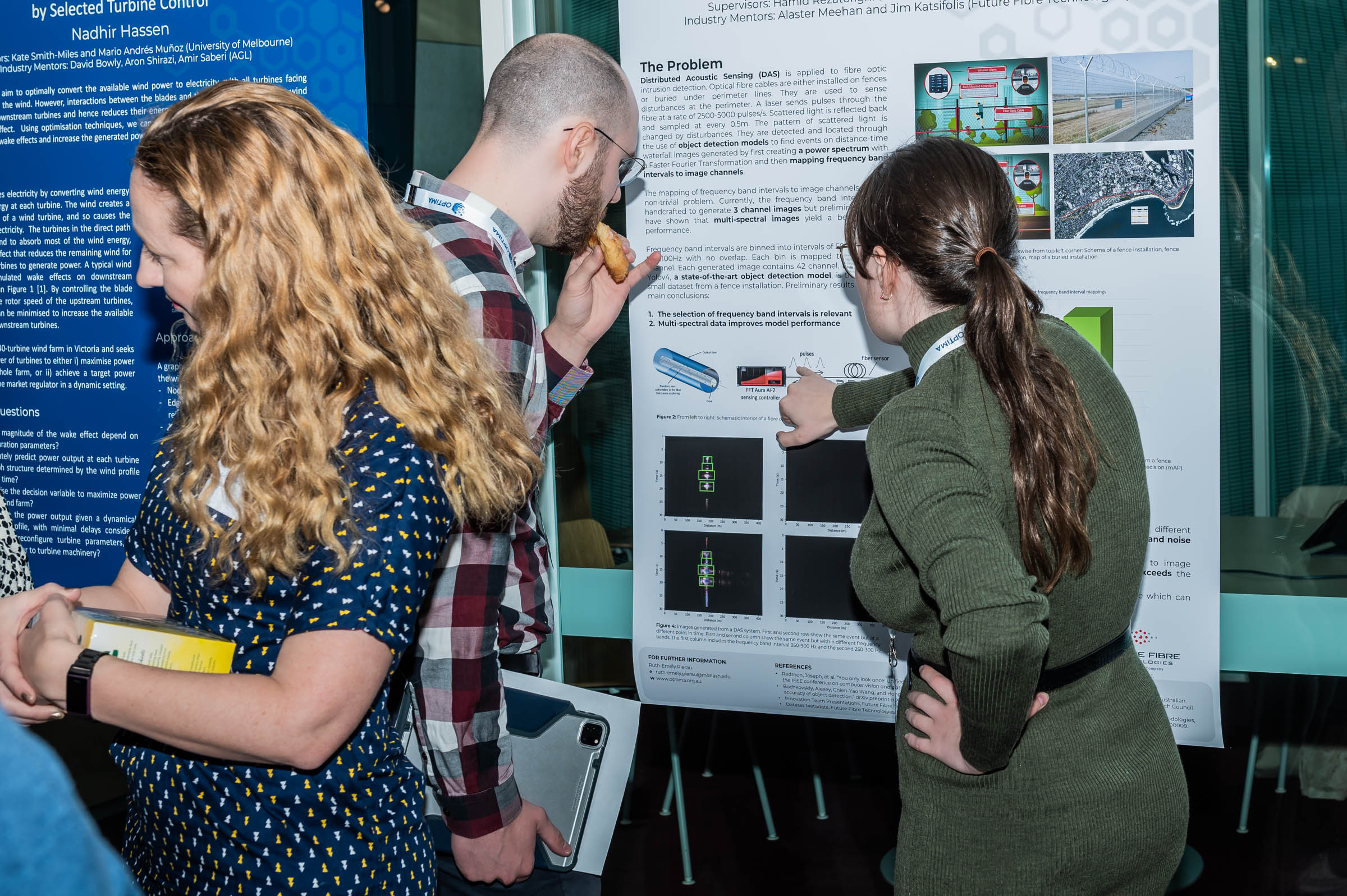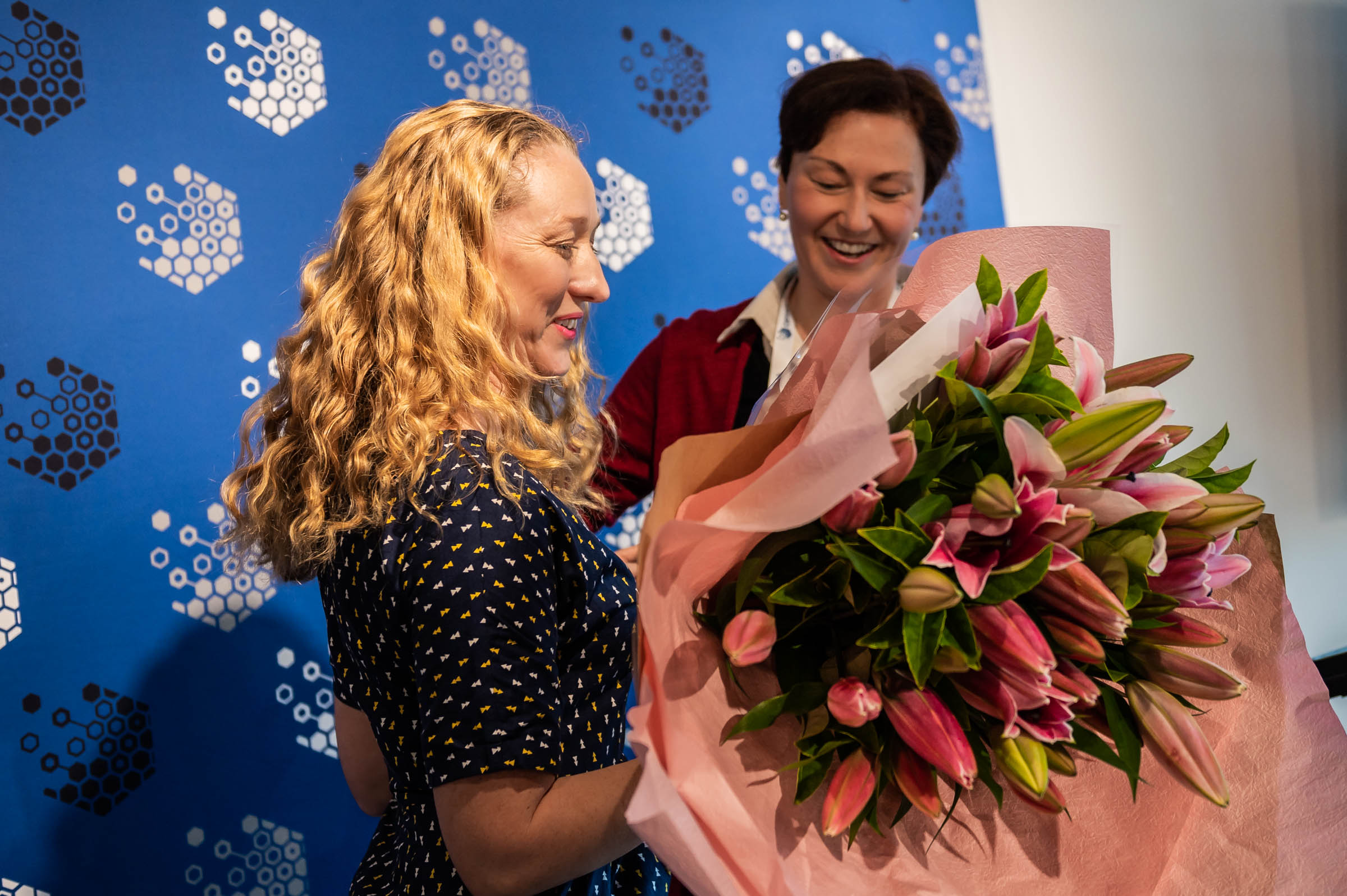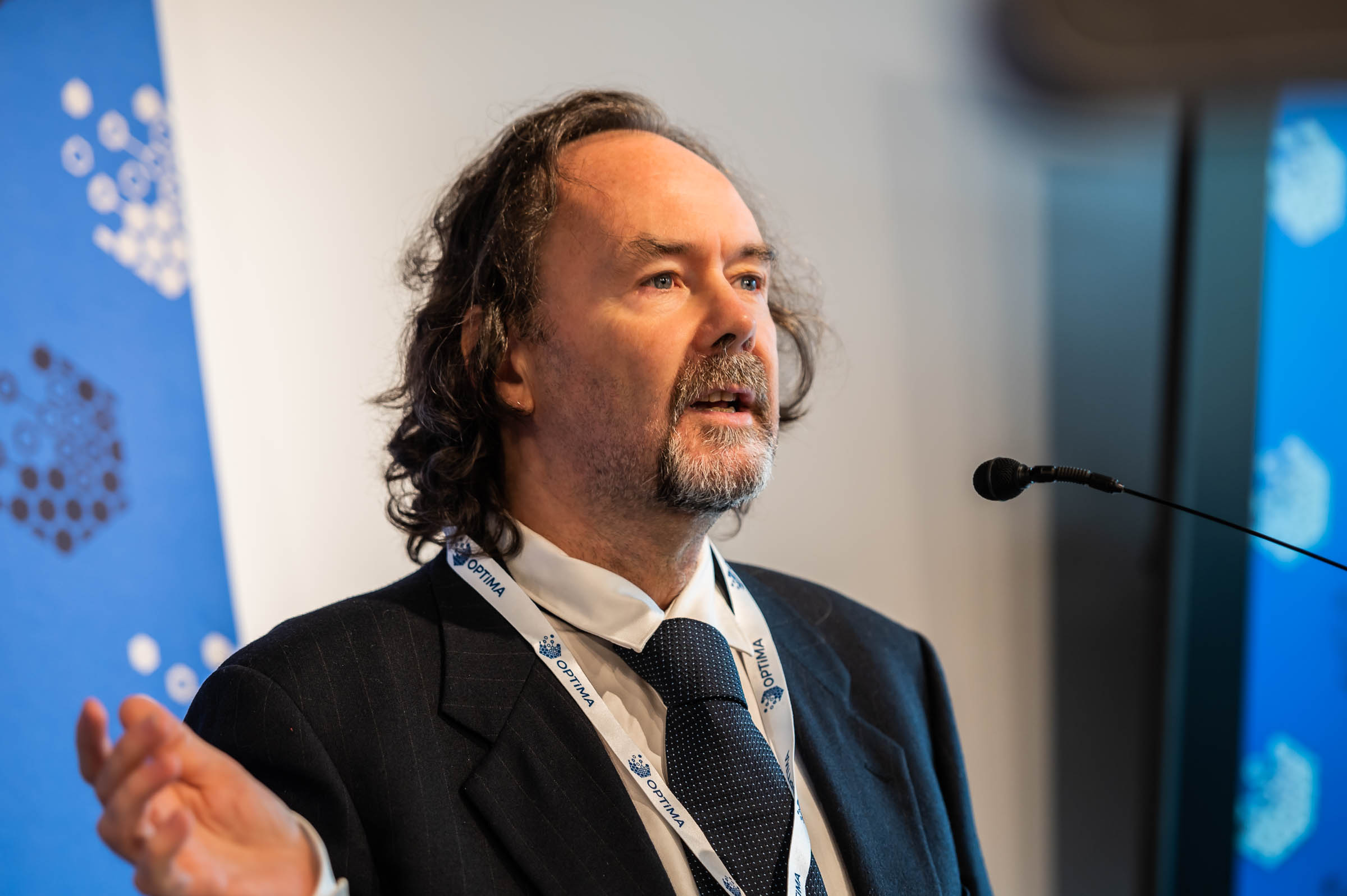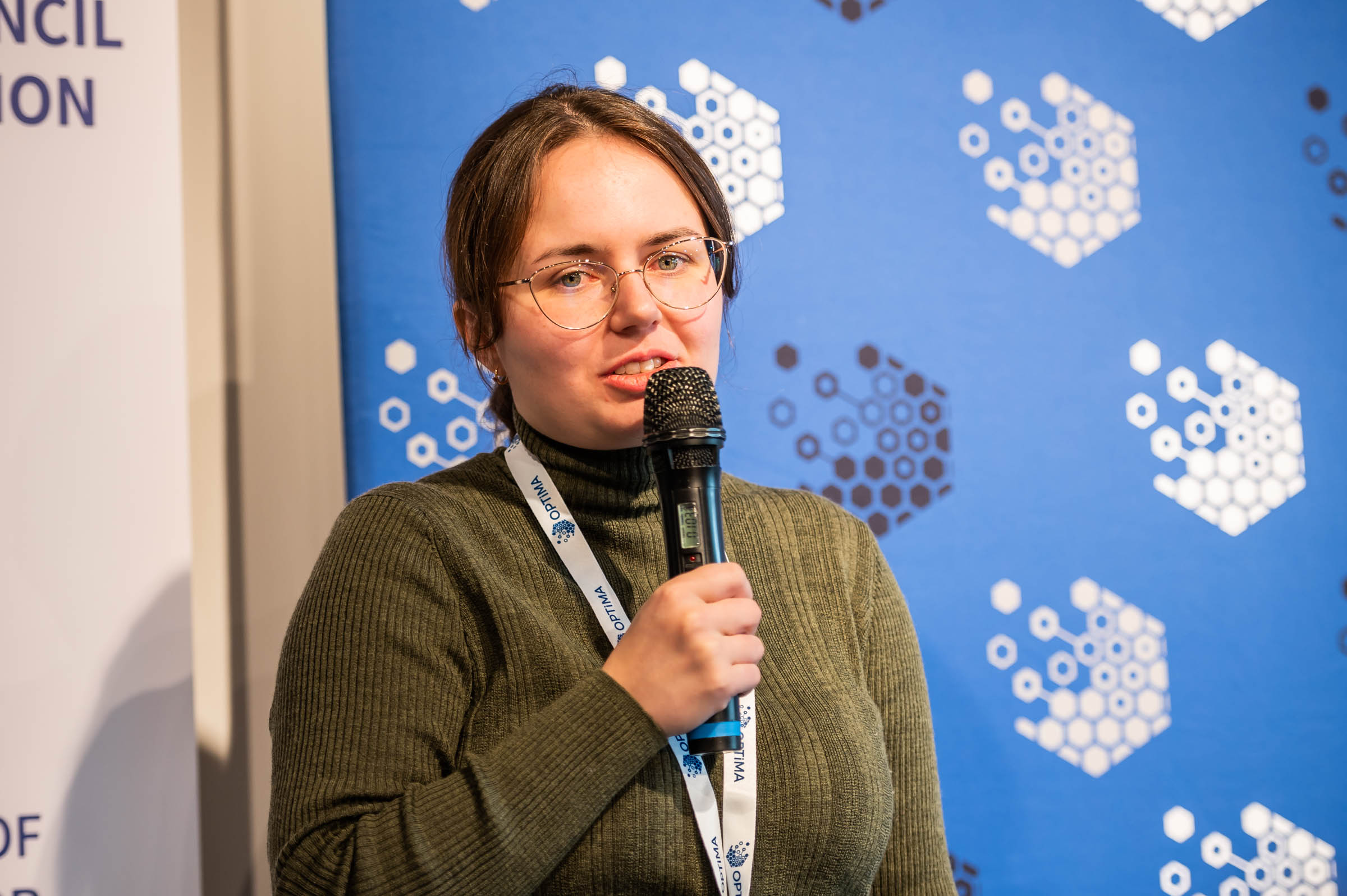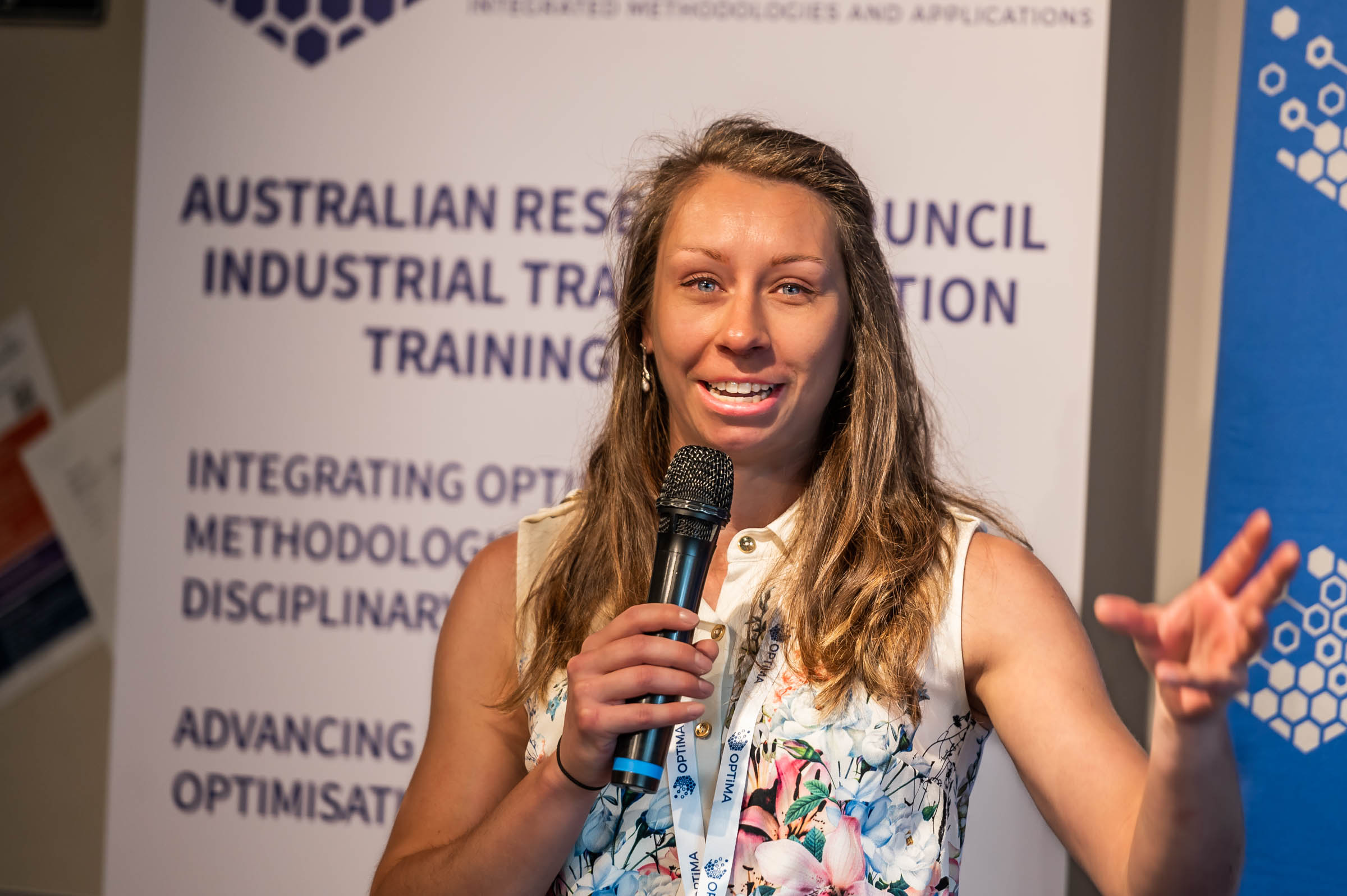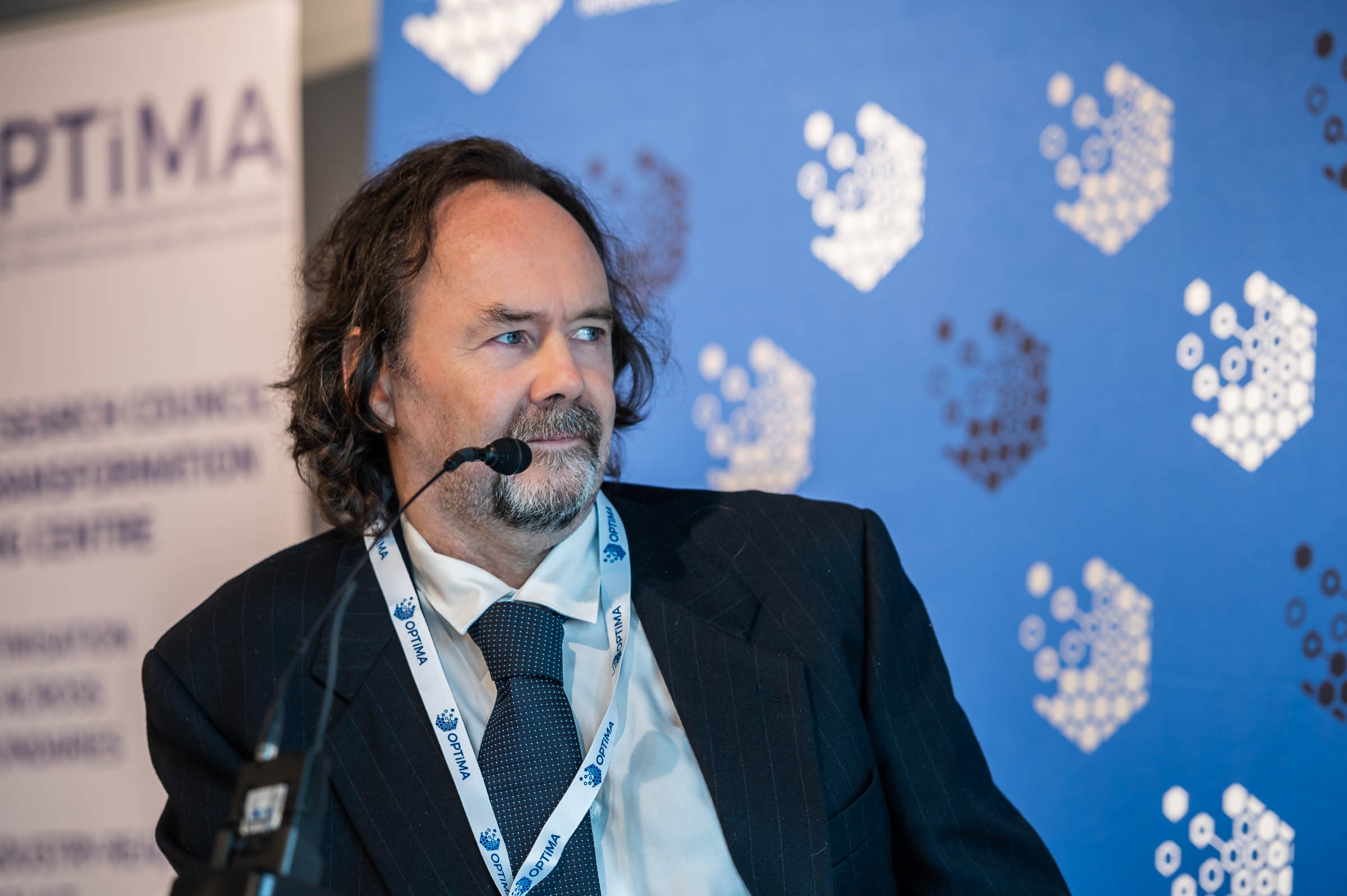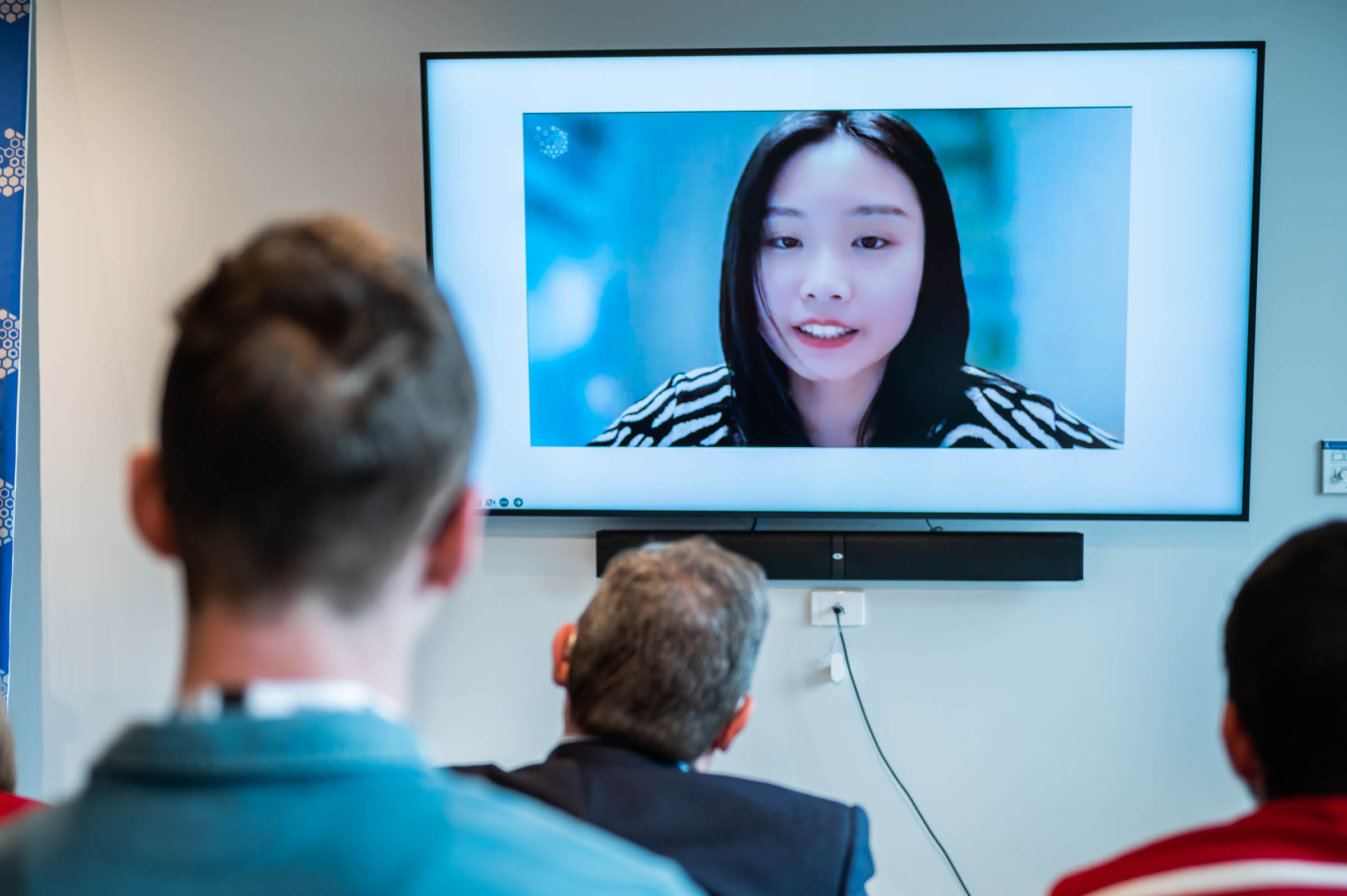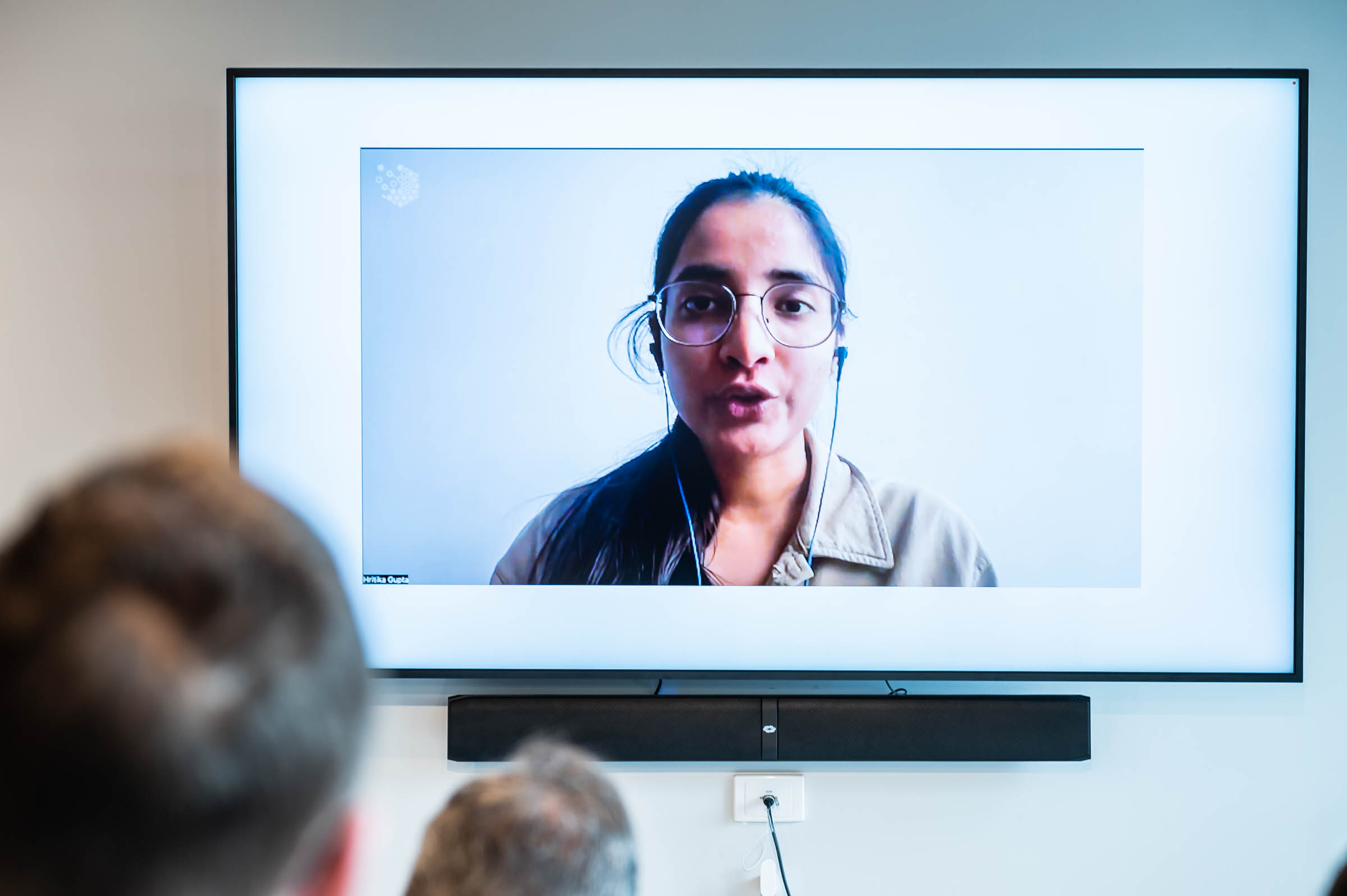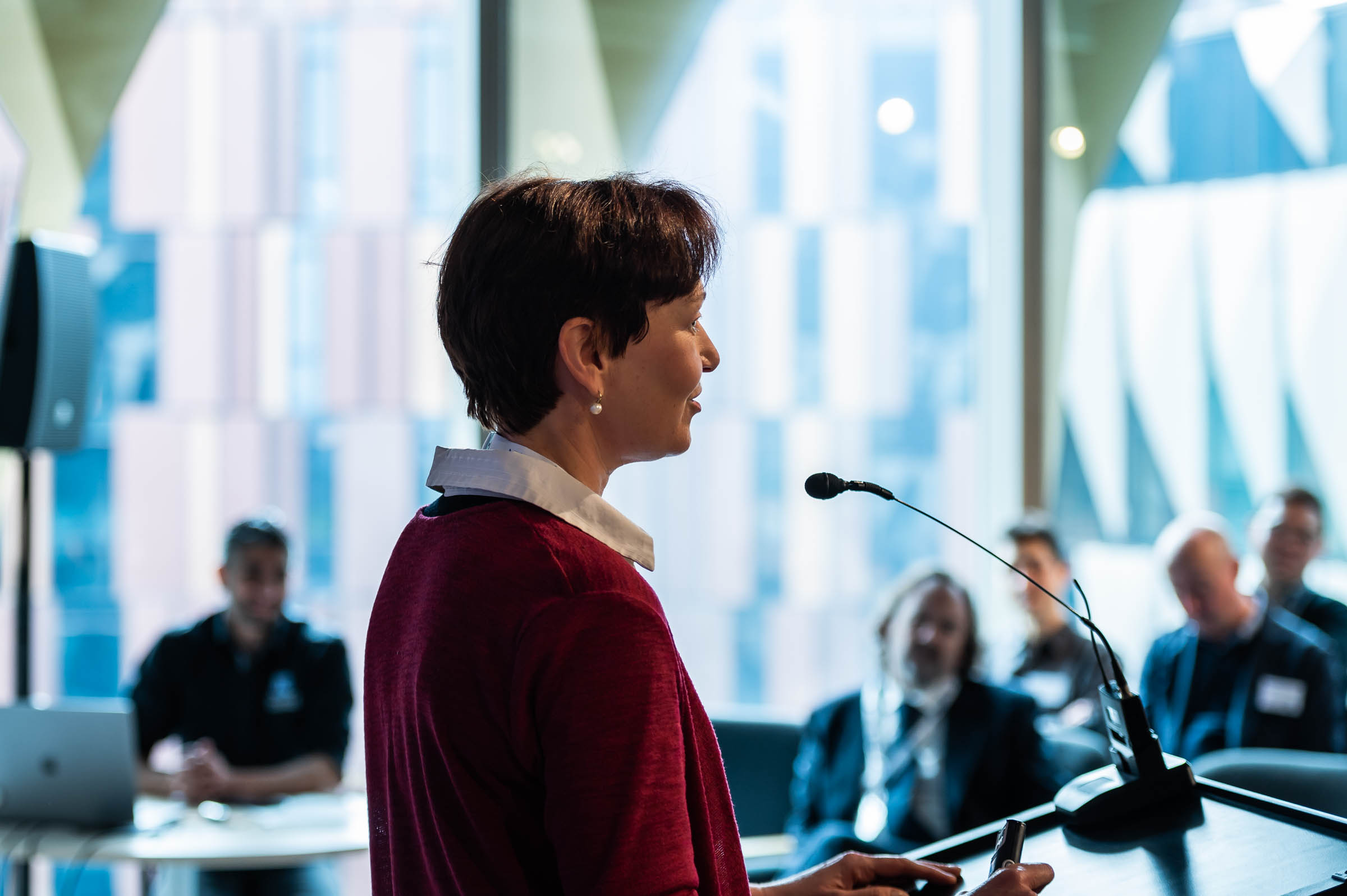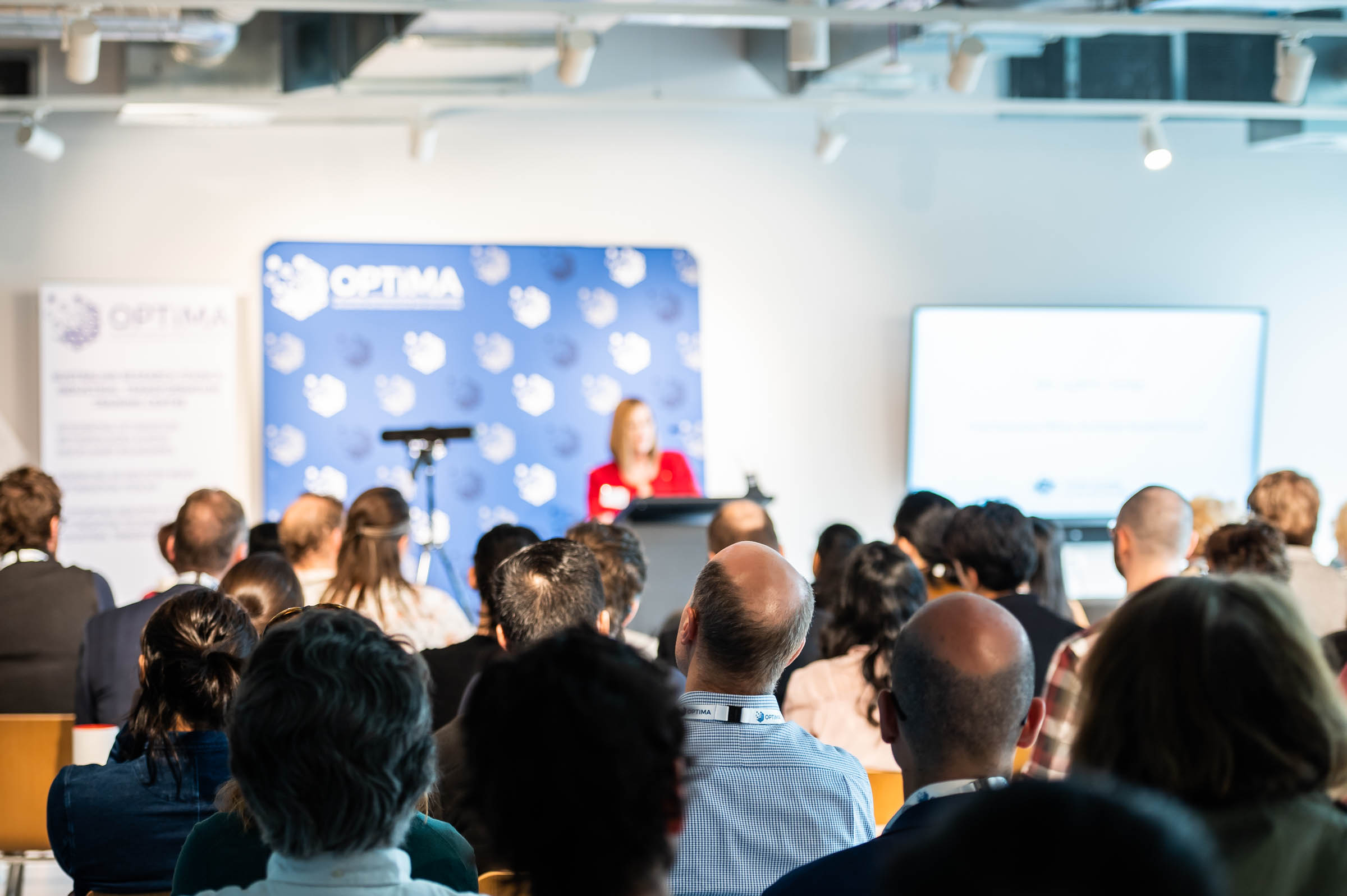On November 16th 2022, the Australian Research Council CEO Judith Zielke officially launched OPTIMA. It was a fabulous opportunity to showcase our first year in operations. We appreciate the University of Melbourne Vice-Chancellor Professor Duncan Maskell and the Monash University Vice-Chancellor Professor Margaret Gardner for coming together to highlight the importance of collaboration. Thank you to all OPTIMA members for your hard work creating a successful first year.
The OPTIMA Centre Director, Kate Smith-Miles, said OPTIMA’s research expertise spans many academic disciplines that contribute to optimisation technologies, including mathematics, statistics, computer science, economics and engineering.
“At OPTIMA, we are breaking down our disciplinary and institutional silos to advance optimisation technology, inspired by the complex decision-making problems faced by our industry partners. The opportunity to deliver impactful industrial transformation while simultaneously advancing our research field, is hugely motivating for all of us.”
Photos of the event and the OPTIMA Industry Student Posters are below.
OPTIMA’s first 12 months we have expanded to over 100 members:
o 19 chief investigators
o 50 students (11 industry PhD projects)
o 3 OPTIMA postdocs
o 2 international partners
o 40 associate investigators.
o 4 new industry partners recruited
– 3 new on-campus collaborations commenced (materials engineering, chemistry, quantum computing)
– Great progress on all industry projects and other methodological research topics
– Strategic Plan and governance in place
Outreach
• website, social media
• school visits
• inaugural annual OPTIMA debate
• weekly online optimisation seminars public viewing on YouTube Channel)
Training
• AI-OPT two-day symposium
• PhD exchange program launched with our international partners
• Workshops/training in technical and soft skills for students and industry partner employees
• Development of MOOC and Microcert (available early 2023)
OPTIMA Launch Photos
OPTIMA Industry Students - Posters
Harry McArthur Publishing Data While Preserving Privacy
Vincent Barbosa Predict-and-Optimise through Time at Water Recycling Treatment Plants
Nicolau Andrés-Thió Optimal sampling from multi-fidelity data sources for improved product design and testing
Ruth-Emely Pierau Spatiotemporal Object Detection from Multi-spectral, Time-sequenced Data
Hritika Gupta Server Allocation in a Call Centre
Zahra Namazian Predict then Optimise for Inventory Management
Rehan Mendis Optimal deployment of the smart meters and monitoring devices in water networks
Vaughn Grey Optimising long term river water quality monitoring
Yi Zhen Multi-objective Optimization in Water Systems
Nadhir Hassen Optimisation of Wind Farm Energy Production by Selected Turbine Control

